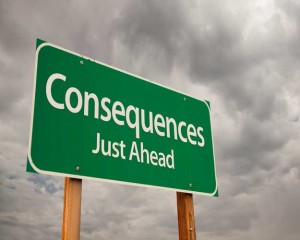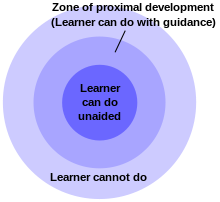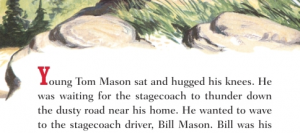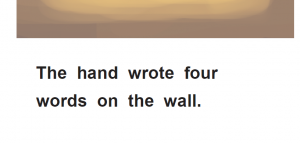Some weeks are just more difficult than others.
Bailey (a freshman at our local university) often comes home several hours after Franklin and I have gone to bed. Late one night a couple weeks ago he hit our house as he pulled into the garage. There was quite a bit of damage to the garage frame and the garage door stripping.
That same week our youngest was invited to our babysitter’s house to work for a little bit of spending money. When Franklin and I explained that he should save some of his money rather than making a spur of the moment trip to Walmart, Caden threw a fit. His money was burning the proverbial hole in his pocket. He was obviously in need of a nap and a wee bit of behavior modification.
As we considered each situation a teachable moment, we were certainly reminded that Consequences Really Do Matter.
Sometimes it’s painful to watch children as they wrestle with consequences.
As a teacher, I did not delight in a child missing recess; however, I knew that I would not have to say, “You played during work time so you’ll need to work during play time,” too many times before the child made better decisions about time management.
In my final years of public education, I met many parents who were unwilling to allow consequences of any kind. It was difficult for some to understand that the sting of natural consequences for a child’s minor infractions would be preferable to their child never learning self-control. Ultimately, consequences of childhood misbehavior pale in comparison to consequences adults deal with when the offense is more significant.
Growing up I loved the movie The Parent Trap. I am a twin and I was drawn to the main characters, a set of twin, “tween” girls. Although they were separated as babies and were never told of the other’s existence, the girls put two and two together at summer camp after several weeks of all out war with each other.
Miss Inch, the camp director, became exasperated with the girls’ constant fighting. She decided to “let the punishment fit the crime” and put the girls alone in a cabin to spend the rest of the summer together.
Back to our sons. Bailey had to learn that personal property requires care and attention. We let him fix our garage frame and stripping, paying for the necessary materials and supplies with his own money.
Caden had to learn that saving some of his money is important. We collected all of his money and held it for a while in an effort to show him that 1) Wal-Mart on a whim is a want, not a need and 2) saving (rather than blowing every penny on junk) allows you to purchase something of greater value down the road.
How do you use teachable moments in parenting? Have you found great ways to “let the punishment fit the crime?”




